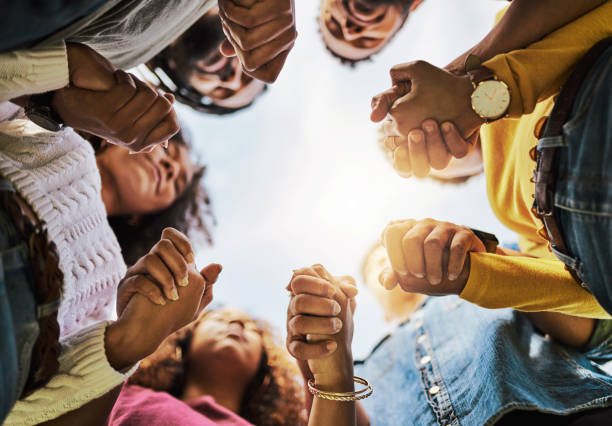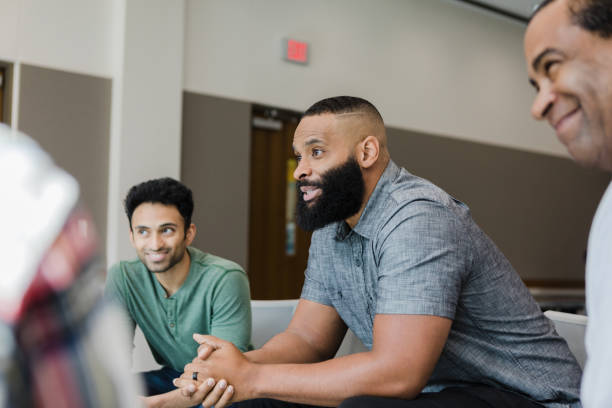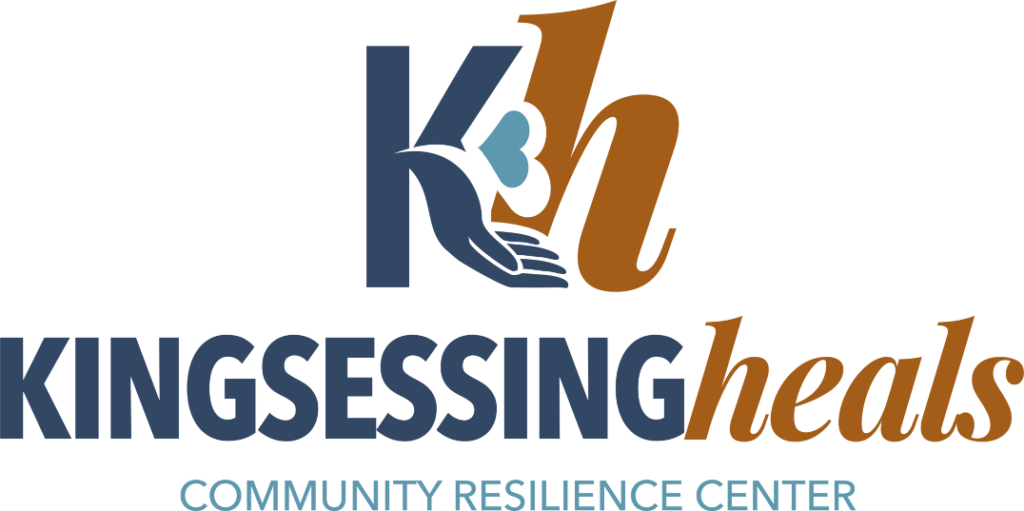Resilience Navigators
This program trains and deploys Resilience Navigators to support individuals and families affected by gun violence, guiding them through the complex landscape of recovery and healing. Key focus areas include:
Resources Navigation
- A comprehensive database of local and national support services
- Guidance on financial aid, including victims’ compensation funds and available resources
- Referrals to legal aid and advocacy groups such as Victim Advocates
Healthcare System Navigation:
- Coordination with healthcare providers for ongoing physical and mental health needs
- Assistance in understanding and managing medical bills and insurance claims
- Support accessing rehabilitation services and adaptive equipment if needed

Community Connection
- One-on-one support to help individuals identify personal and community resources
- Teach and practice CRM skills for self-regulation and stress management
- Assist in creating personalized resilience plans
- Provide Ongoing support in implementing these plans
Practical Support:
- Assistance in daily tasks during the initial crisis period as needed
- Guidance on handling media inquiries and protecting privacy
- Support in navigating workplace accommodations or educational needs
Long-term Resilience Building:
- Education on trauma recovery and post-traumatic growth
- Regular check-ins and ongoing support to address evolving needs
Resilience Navigators work closely with survivors and families to create personalized support plans, ensuring they have access to necessary resources and a strong support network throughout their healing journey.
Resilience Healing Circles:
The Resilient Healing Circles program combines the Community Resilience Model (CRM) with restorative practices to facilitate healing and recovery in communities affected by mass violence. This clinically driven, volunteer-supported initiative offers a range of small-group interventions tailored to different community segments.
Key components
Foundation:
Community Resilience Model (CRM): Emphasizing body awareness, self-regulation, social connection, and hope-building
Restorative Practices: Focusing on repairing harm, restoring relationships, and rebuilding community bonds
- Family Healing circles
- Target: immediate and extended family units affected by gun violence
- Focus: Rebuilding family resilience
- CRM integration: Family-based tracking and resourcing exercises
- Restorative element: Facilitated dialogues to address intra-family tensions and promote understanding
Intergenerational Engagement Circles
- Target: mixed-age groups from the community
- Focus: Bridging generational gaps, sharing wisdom, and fostering mutual support
- CRM Integration: Cross-generational grounding techniques and resilience skill-sharing
- Restorative Elements: story-sharing circles to build empathy and community narratives

Youth Groups:
- Target: Children and Adolescents (age-appropriate groupings)
- Focus: Age-appropriate grief processing, building peer support networks
- CRM integration: Creative expressions of body sensations and emotion regulation
- Restorative element: Peer-led circles for sharing experiences and supporting each other
Adult Grief Counseling Circles:
- Target: Adult community members
- Focus: Processing complex grief, addressing survivor’s guilt, and rebuilding purpose
- CRM Integration: Advanced self-regulation techniques and community resourcing
- Restorative Element: Healing circles focused on acknowledging harm and collective healing
Grief Doulas:
Our Grief Doula program offers compassionate, trauma-informed support to families and individuals affected by gun violence. Grief Doulas are specially trained to provide emotional, informational, and practical assistance during the acute phases of loss and throughout the grieving process.
- Crisis Intervention: Doulas offer immediate emotional support and help families navigate the shock and confusion following a violent incident
- Trauma-Informed Care: All support is grounded in understanding the complex trauma associated with gun violence
- Healing-Centered Engagement
- Culturally Informed Practices: Doulas are trained to respect and work within diverse cultural contexts and mourning traditions
- Practical Assistance: Help with immediate needs such as childcare, meal preparation, and funeral arrangements
- Grief Education: Provide information on the grief process, helping families understand and cope with their emotions
- Long-Term Follow-up: Ongoing support for up to one-year post-incident, with referrals to long-term counseling services as needed
- Community Healing Initiatives: Facilitate support groups and community events to foster collective healing and resilience
- Self-Care Emphasis: Guidance on self-care practices to support overall well-being during the grieving process
- Advocacy Support: Assist families in amplifying their voices for community change and violence prevention, if desired
Training and Qualifications: Grief Doulas undergo rigorous training in crisis intervention, trauma-informed care, cultural competency, and the specific impacts of gun violence. Many are survivors or family members of victims themselves, bringing lived experience to their roles.
